Mapping Exposure-Induced Immune Effects: Connecting the Exposome and the Immunome
EXIMIOUS Partners
EXIMIOUS brings together 15 partner organisations from 7 European countries, gathering academic, clinical and SME experts in immunology, toxicology, clinical medicine, environmental hygiene, epidemiology, bioinformatics and sensor development.
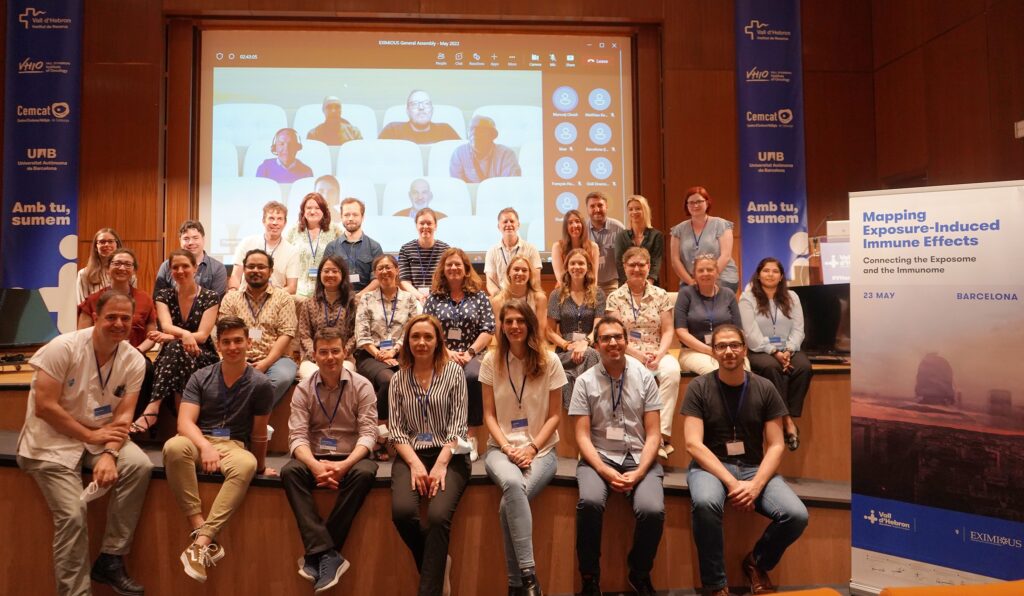
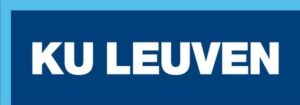
Katholieke Universiteit Leuven (KU Leuven)
Belgium
KU Leuven is a research-intensive university that boasts a rich tradition of education and research that dates back six centuries. Currently, it is the largest university in Belgium in terms of research funding and expenditure. Its Department of Public Health and Primary care is a multidisciplinary department with a focus on community health, best practice and health policy. Within this department, the Centre or Environment and Health and its two laboratories for Occupational and Environmental Toxicology and for Occupational and Environmental Hygiene are collaborating in the EXIMIOUS project. Alongside coordinating the project, the KU Leuven team also leads the work on multi-omics for in-depth exposome investigation as well as the management and coordination of EXIMIOUS.
The EXIMIOUS team at KU Leuven includes:
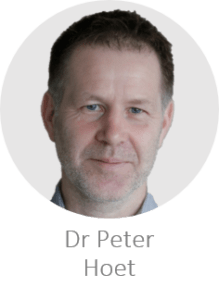
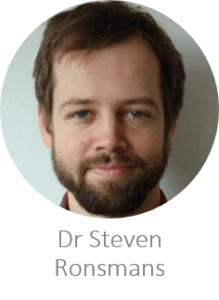

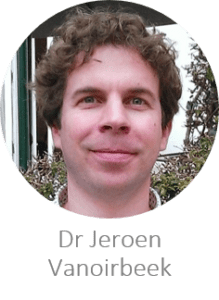
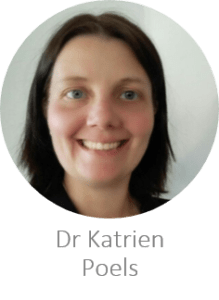
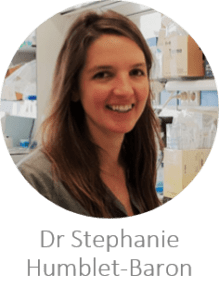
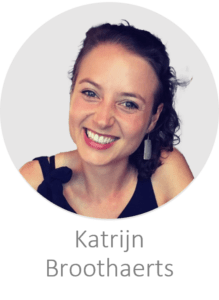

University of Hasselt, Centre for Environmental Sciences (UHASSELT)
Belgium
Hasselt University (UHasselt) is a young, independent and innovative university. The Environmental
Epidemiology research domain within the Centre of Environmental Sciences at Hasselt University leads the EXIMIOUS project tasks on background exposure, external models and internal biomarkers of ambient air pollution, telomere length as an integrated exposome marker, and the meet-in-the-middle cross-omics approach of the project.
The EXIMIOUS team at UHASSELT includes:
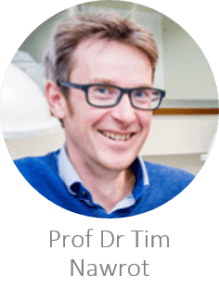


Norwegian Institute of Public Health (NIPH)
Norway
The Norwegian Institute of Public Health (NIPH) is a research institute organised under the Ministry of
Health, with the main goal of
producing and communicating knowledge on health-related topics to the Norwegian government. The Department for Toxicology and risk assessment is involved
in experimental and epidemiological studies of neurotoxicity and immunotoxicology covering both
immunosuppression and immunostimulation, sensitisation and autoimmune diseases. Within EXIMIOUS, NIPH will lead the work on immunomics and mass cytometry (CyTOF) analysis of samples from human cohorts and tasks focused on epigenetic analysis, alongside contributing to the interpretation of data generated in relation to exposure and hazard. Moreover, NIPH will perform in vitro exposure studies on whole blood, assessed by mass cytometry.
The EXIMIOUS team at NIPH includes:
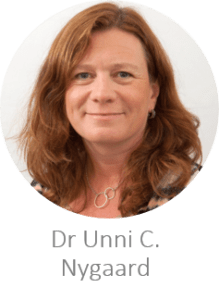
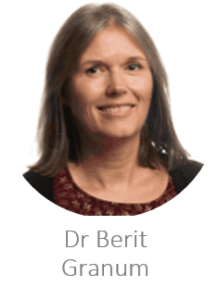

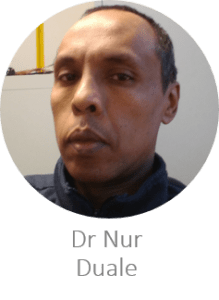
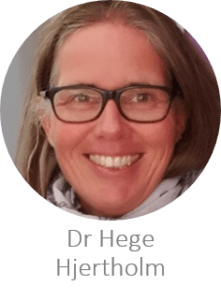
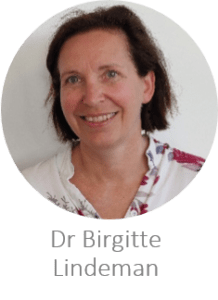


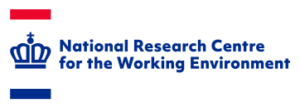
National Research Centre for the Working Environment (NRCWE NFA)
Denmark
NRCWE is a world-class national research institute under the Danish Ministry of Employment, performing research in occupational health and safety. In EXIMIOUS, it will lead the work on population studies and will contribute to environmental measurements and on developing statistics on databases, such as DOC*X Cohort. Moreover, NRCWE will be responsible for the project's ethics.
The EXIMIOUS team at NRCWE includes:
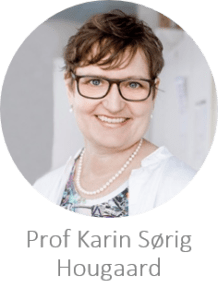

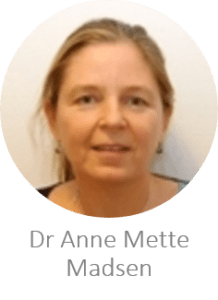
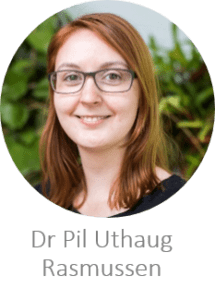
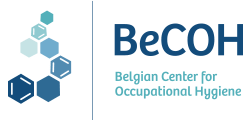
Belgian Center for Occupational Hygiene (BeCOH)
Belgium
BeCOH is a non-profit organization founded in Belgium
in May 2014. The Association aims to promote occupational hygiene and aims to be a point of contact for companies
and institutions in order to inform them concerning standards, sampling strategies and analysis
methodologies. Within the EXIMIOUS project, BecOH leads the work on the exposome identification, exposure assessment through inhalation and skin, and the exploitation activities of the project.
The EXIMIOUS team at BeCOH includes:
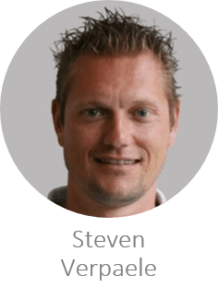

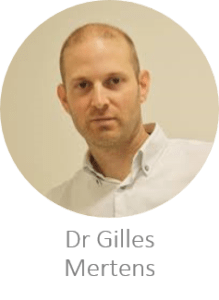

Interuniversitair Microelectronica Centrum (IMEC)
Belgium
IMEC, founded in 1984, is a world-leading independent Research Institute in nanoelectronics and
nanotechnology. Its research focuses on the next generations of chips and systems, and on the enabling technologies for ambient intelligence. IMEC's main role in EXIMIOUS is to build prototype hyperspectral systems to enable measurements of samples in the lab/field and to perform correlation studies of particles.
The EXIMIOUS team at IMEC includes:
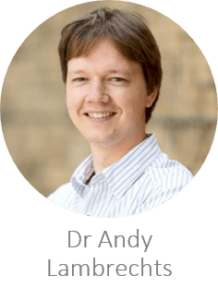



Universite Catholique de Louvain (UCL)
Belgium
Building on almost 600 years’ experience, UCLouvain is today a multisite university in Belgium at the forefront of innovation and
excellence in education and research. The Louvain Centre for Toxicology and Applied Pharmacology was established in 2009 at UCLouvain to conduct advanced research on
the effects of xenobiotics on human health in the Institute for Experimental and Clinical Research. Within EXIMIOUS, its team contributes to work on the exposome identification as well as to the population studies for assessment of exposure and immune status and collection of biological samples.
The EXIMIOUS team at UCL includes:


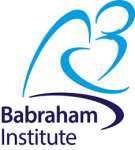
The Babraham Institute (BI)
UK
BI is a world-class research institution, housed at the heart of the Babraham
Research Campus, focused upon understanding biological mechanisms underpinning health and
wellbeing. Within the EXIMIOUS project BI leads the multidimensional analysis of immunological parameters as well as the integration of novel high-throughput data from exposures, immunological and multi-omics outcomes.
The EXIMIOUS team at BI includes:

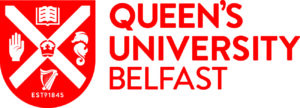
The Queen's University of Belfast (QUB)
UK
QUB is a member of the Russell group, a group of 24 leading UK research intensive universities and is a top university in the UK for promoting the careers of women in science and engineering. Research in this project will be undertaken in the School of Pharmacy, which has a global reputation for the
quality and excellence of teaching and research programmes, and has been consistently ranked as the leading School of Pharmacy in the United Kingdom (UK). Its main role in EXIMIOUS is to lead the microbiome analysis of environmental samples.
The EXIMIOUS team at QUB includes:
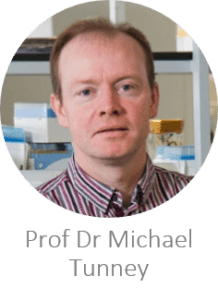

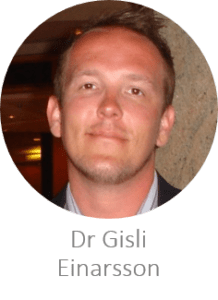

Region Hovedstaden, Bispebjerg Hospital (REGIONH)
Denmark
Bispebjerg Hospital is a large community hospital with many different specialties, complex patient cases and a diverse patient group. Part of Copenhagen University Hospital, it serves a sizeable number of people in the Copenhagen area. The Department of Occupational and Environmental Medicine is a specialized clinical and research unit in occupational and environmental medicine and epidemiology. Its main role in EXIMIOUS is to contribute to work on population studies and in conducting statistics on databases, such as the DOC*X Generation cohort.
The EXIMIOUS team at REGIONH includes:

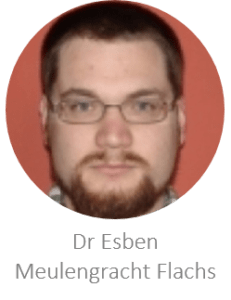

Biogenity Aps (Biogenity)
Denmark
Biogenity is a private company that provides data analysis services targeted to researchers, biotech companies and the pharmaceutical industry.
Biogenity’s vision is to make Big Data analysis easily available, as a tool for discovery/validation of
biomarkers/drug-targets. Within EXIMIOUS, Biogenity will build a neural network to identify potential causality among exposures and immune-related diseases using the DOC#X database.
The EXIMIOUS team at Biogenity includes:

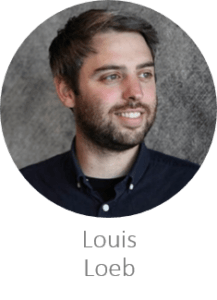
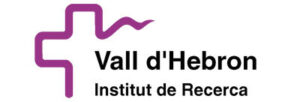
Vall d’Hebron Research Institute (VHIR)
Spain
VHIR is a multidisciplinary center that promotes and develops innovative biomedical research. It was created in 1994 to support the research carried out in the University Hospital Vall d’Hebron (HUVH), the leading hospital complex in Catalonia and one
of the largest in Spain. The pneumology department focuses on the study of the basic mechanisms of respiratory diseases. In EXIMIOUS it is responsible for the creation and inclusion of cases in cohorts of patients with hypersensitivity pneumonitis and cohorts of park and garden workers. Moreover, its team contributes to the measurement of different allergens in the environment.
The EXIMIOUS team at VHIR includes:
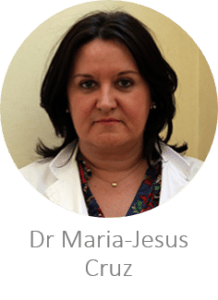
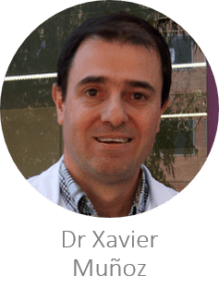
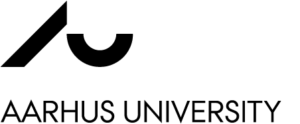
Aarhus University (AU)
Denmark
Aarhus University, founded in Denmark in 1928, offers an inspiring study and research environment. The Department of Environmental Science is a multidiscipinary department conducting pure and applied research on a range of environmental themes. Within EXIMIOUS, it is responsible for the assessment of exposure to air pollution and contributes to the statistics on databases.
The EXIMIOUS team at AU includes:
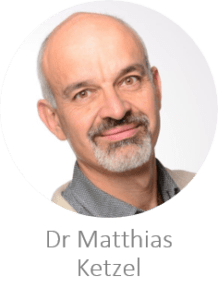


George Emil Palade University of Medicine, Pharmacy, Science and Technology of Targu Mureş (UMFST)
Romania
UMFST is a multicultural institution of higher education and research that provides a multilingual education in Romanian, Hungarian and English, training graduate and postgraduate researchers in medical and pharmaceutical sciences. Within EXIMIOUS, the UMFST team is responsible for the assessment of workers exposed to mineral dust and organic solvents.
The EXIMIOUS team at UMFST includes:
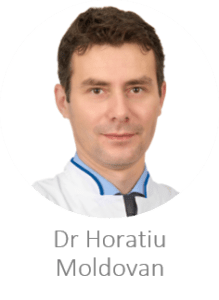

accelopment Schweiz AG (accelCH)
Switzerland
accelCH is a Swiss SME specialised in European research, development and innovation support initiatives, such as Horizon 2020
and the SME-focused Eurostars programme. Its core activities include professional project administration, consortium organisation and communication, financial management and reporting, the facilitation of communication and dissemination of project results to external stakeholders and supporting the exploitation of project results. accelCH leads the communication, dissemination and exploitation activities of EXIMIOUS.
The EXIMIOUS team at accelCH includes:


Exposome Network
EXIMIOUS is part of the European Human Exposome Network and will be working together with the projects EXPANSE, HEAP, ATHLETE, EQUAL-LIFE, LONGITOOLS, EPHOR, REMEDIA and HEDIMED to build a toolbox for assessing and addressing the impact of the environment on health.